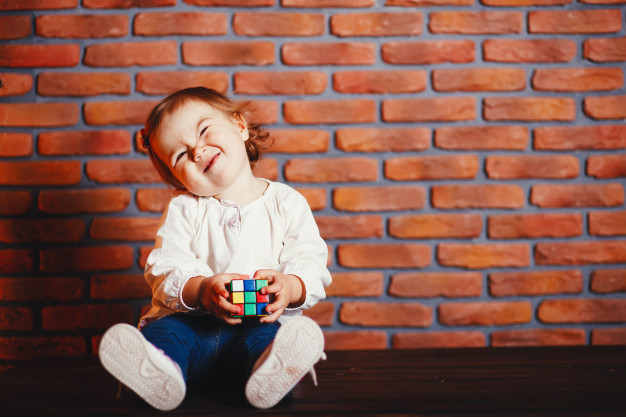Raising a confident child with good social skills and the right self-esteem is a daunting task for busy parents. The invasion of technology in the life of the kids as young as 1.5 years in the form of phones, tablets, and Video games does not help in personality development. Summers, however, can be a great time for developing those personality skills needed by children. ClassMonitor presents the top 10 tips for personality development in kids.
1. Stay Away from Labelling
Words make the world and as parents, when you decide to brand your child for certain behavior, you unconsciously make the child believe that he or she is like that. Labeling the child closes their options of correcting themselves also. This may lead to a lack of confidence and even emulating this behavior with others around them. Always be careful with your words especially while correcting your child’s mistakes.
2. Be a Good Listener
Children long for attention all the time. As they grow, they start becoming more and more independent. Toddlers and preschoolers tend to express themselves more by talking, especially during that time when their language skills are developing. As parents, you can patiently hear to their stories, to make them feel more confident and secure in your company. This makes them to be good listeners themselves and it also helps in developing their confidence.
3. Be Gentle on Their Shortfalls
A lot of parents expect their kids to excel in everything they do and when a child does not match up to their expectations, they start expressing their disappointment on their child by accusing them of not being competent enough. Every child has a unique capability and as parents, you should identify and encourage it. You can give kind assistance to improve the child’s shortcomings without reducing their confidence.
4. Refrain from Comparison
Comparing your child with other children, relatives and neighbors can really damage your child’s personality. Constantly comparing the child to others sends a message to the child that he or she is not good enough. Children get confused about their own identity and start imitating others. Respecting your child’s individuality is undoubtedly the first and foremost step in building their confidence and bringing the best out of them.
5. Model the Right Behavior
Kids learn from what they see, more than what they hear. Therefore, practically implement things that you want your child to learn and this will leave a lasting impression on them. Start from little things like arranging the books back on the shelf, being polite to guests, children follow what you do. If there is any hypocrisy or disagreement in your behavior children pick it up very quickly. Therefore, it is very important to practice what you preach.
6. Let them play
Free play has substantially reduced among the children of this generation due to a lot of reasons. No one can teach values like caring, sharing, team spirit and resilience like playing a sport. Games and sports are the best personality development activities for kids. Sadly many parents today restrict their children from field play and even stop them from taking up any sport. For the overall physical and mental growth of your child, you must involve them actively in sports. It is also great for children to unwind every day from the stress of academics and remain cheerful.
7. Limit the Screen Time
Gadget is a problem that many parents struggle with. Studies show that too much screen time impacts their intellectual and social development. Playing games on mobiles leads to addiction and hence children don’t have time for social interaction. Spend more time with your child by playing games and traveling to divert them from these gadgets and give them a real-life experience of things around them. Teach them to value their people and surroundings more than the virtual things they see.
8. Chalk Out the Rules
Give clarity to kids about their responsibilities which are essential for a healthy understanding in the house. Sometimes parents fail to communicate what they expect from the kids and end up accusing them of their misbehavior. When the rules are straight, the child learns to align its behavior with the expectations, slowly and steadily. It may take time for children to tune themselves to these new rules, but a continuous adherence to a code of conduct makes it a habit, eventually.
9. Encourage Independence
Parents of toddlers assist the child with all their work to the extent that they stop encouraging the development of any individuality or independence. While it is very important to be caring and nurturing, it is also important to teach kids to slowly manage their responsibilities. For example -things like brushing their teeth or packing their bag to school or doing their homework, you can encourage your child to do it on their own with minimum supervision. This not only trains them in life skills but also improves their sense of responsibility.
10. Practice Gentle Parenting
Physically chasing your child or yelling at them for their mistakes are going to make things worse for them as well as you. Many a time, children take these things to heart and do not take the corrective action that they are expected to take for their mistake. Gently and patiently explain to them the consequences of their wrongdoings, this will be an effective way of bringing the desired change in their mind.
Myths about Personality Development in Kids
The word ‘Personality’ is often misunderstood. It is a misconception that a child’s personality is limited to appearance. Parents emphasize on clothes, grooming, and health, oblivious to the fact that these are just one aspect. The child’s outlook towards life, social skills, knowledge, interpersonal skills, and much more contributes to the building of a balanced personality.








